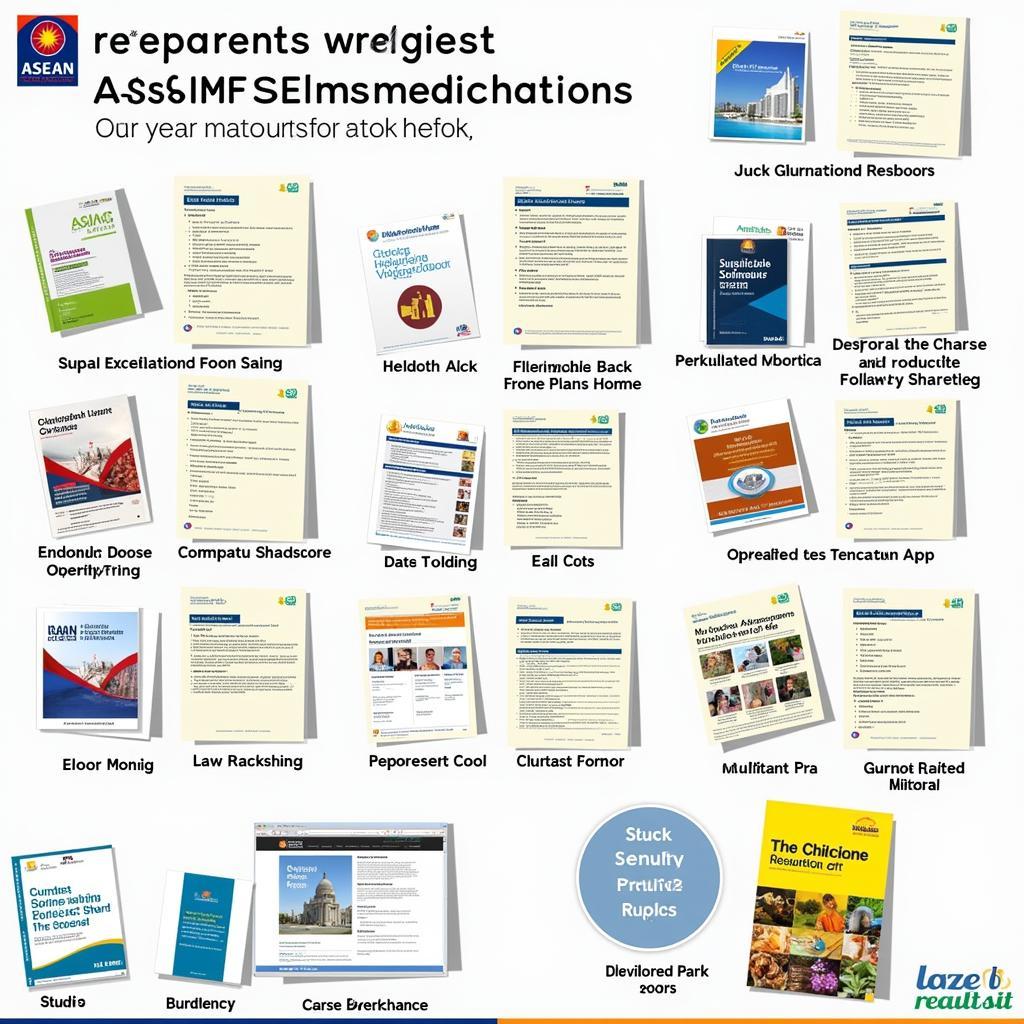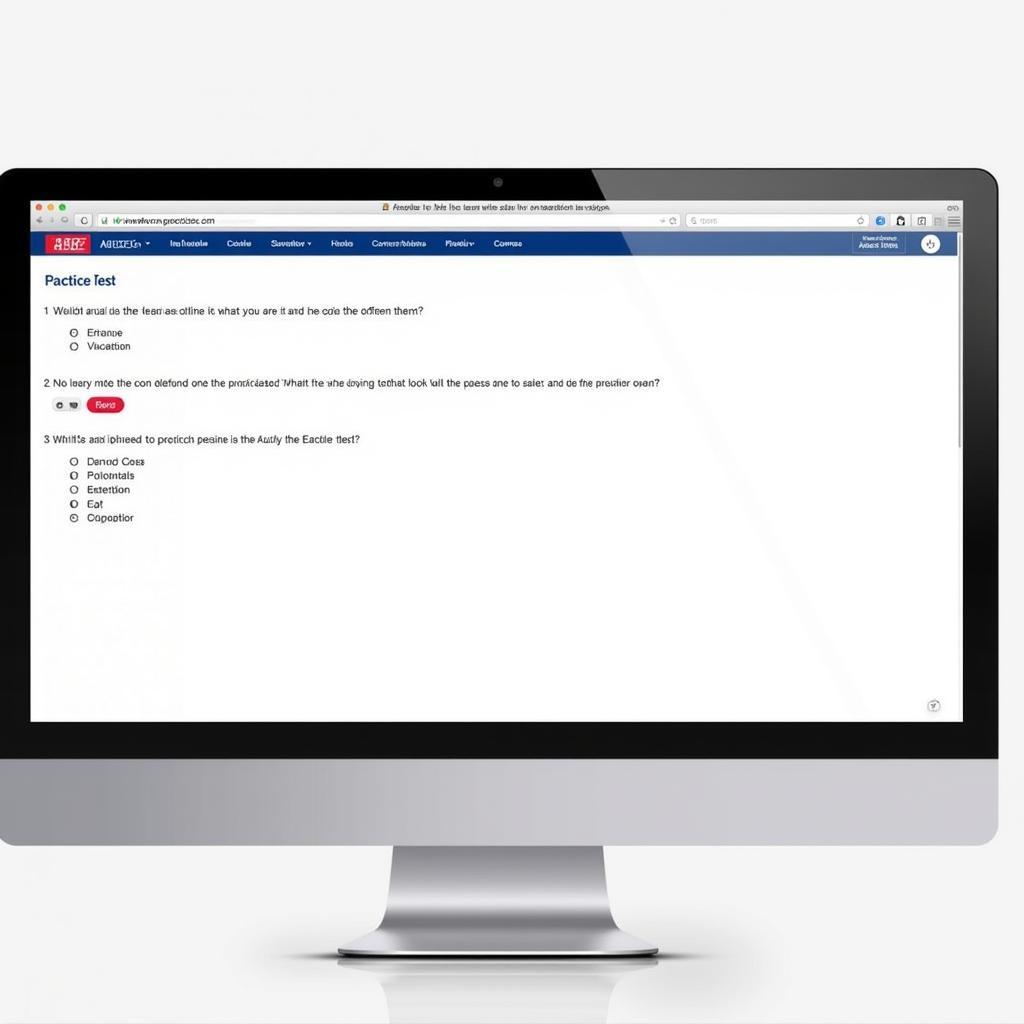ASEAN contracting is a complex landscape offering a wealth of opportunities for businesses seeking to expand their footprint in Southeast Asia. With a diverse range of legal systems and business practices, understanding the intricacies of ASEAN contracting is crucial for success. This guide will provide valuable insights into navigating the nuances of ASEAN contracting, empowering businesses to mitigate risks and capitalize on the region’s vast potential.
Understanding the ASEAN Landscape
The Association of Southeast Asian Nations (ASEAN) comprises ten member states: Brunei Darussalam, Cambodia, Indonesia, Laos, Malaysia, Myanmar, the Philippines, Singapore, Thailand, and Vietnam. Each nation boasts its own unique legal framework influenced by historical, cultural, and economic factors. This diversity presents both opportunities and challenges for businesses engaging in ASEAN contracting.
Key Considerations for ASEAN Contracting
1. Choice of Law and Jurisdiction
Selecting the governing law and jurisdiction is paramount in ASEAN contracting. Parties should carefully consider factors such as legal precedent, enforcement mechanisms, and dispute resolution options. Seeking expert legal counsel is highly recommended to ensure clarity and protect your interests.
2. Language and Interpretation
Clear and concise language is vital to avoid misunderstandings. It’s crucial to establish the official language of the contract and incorporate provisions for interpretation in case of discrepancies. Translation services may be necessary to bridge language barriers effectively.
3. Cultural Sensitivity
Cultural nuances play a significant role in ASEAN business dealings. Factors like communication styles, negotiation approaches, and decision-making processes vary across the region. Investing time to understand and appreciate these cultural differences fosters trust and facilitates smoother negotiations.
4. Dispute Resolution
Disputes can arise even with well-drafted contracts. Parties should clearly define their preferred dispute resolution mechanism, whether it’s through negotiation, mediation, arbitration, or litigation. Specifying a neutral venue and language for dispute resolution can also be beneficial.
Tips for Successful ASEAN Contracting
-
Conduct Thorough Due Diligence: Research potential partners, understand their business practices, and verify their legal standing before entering any agreements.
-
Seek Expert Legal Advice: Engage experienced legal counsel specializing in ASEAN contracting to guide you through the complexities and ensure your interests are protected.
-
Establish Clear Communication Channels: Foster open and transparent communication with all parties involved, using clear and concise language to minimize misunderstandings.
-
Be Adaptable and Flexible: Recognize that negotiations in ASEAN may take time and involve a degree of flexibility. Be prepared to adjust your approach to align with local customs and expectations.
Conclusion
ASEAN contracting presents unique opportunities and challenges for businesses seeking to tap into the region’s dynamic economies. By understanding the diverse legal landscapes, embracing cultural nuances, and prioritizing clear communication, businesses can navigate the intricacies of ASEAN contracting and unlock its vast potential. Remember, seeking expert legal counsel and conducting thorough due diligence are essential steps towards successful and mutually beneficial business partnerships in ASEAN.

